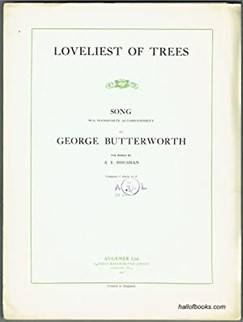A conversation-recital at UCL exploring the curatorship of cultural heritage as performed in the art song repertoire, with particular focus on their articulations of landscapes, geographies and sites.

This project aims to develop a programme in which examples from the art song repertoire are contextualised and discussed as performative agents in a collective relationship with places and landscapes which is historically contingent and developed. The event seeks to explore and investigate art song as “intangible” cultural heritage and as curatorship of cultural memory and cultural history, in particular how they shape and influence our understanding of places, landscapes and locales.
‘Intangible cultural heritage’ is a definition which might be understood as relating to practices, expressions, knowledge and skills which a particular group recognise as ‘theirs’, or as part of their cultural history and heritage. It manifests in different forms, among them in performing arts. The terminology therefore allows for an approach to aspects of performative cultures, e.g. particular musical genres, that understands them as interactive with collective relationships also external to the material itself. As a particularly strong and rich development of the art song repertoire in Britain (and elsewhere), occurred when the cultural and collective properties of landscape, heritage and specific geographies accumulated, and had accumulated, significant weight and resonance, these songs might be understood to articulate a set of ideologies that surround what might be referred to as cultural landscapes and land/place values as cultural heritage. Curating a programme where these songs may be experienced as individual artistic and aesthetic expressions, while contextualising them with conversations around their collective resonance and meaning, might enable an enhanced understanding for how values of landscapes, nature, and geographies come to form, how their perpetuation contributes to a cultural heritage of places and spaces, and how musical expression might be appreciated as a continuous dialogue with its own context.
See the conversation-recital event page
 Close
Close

